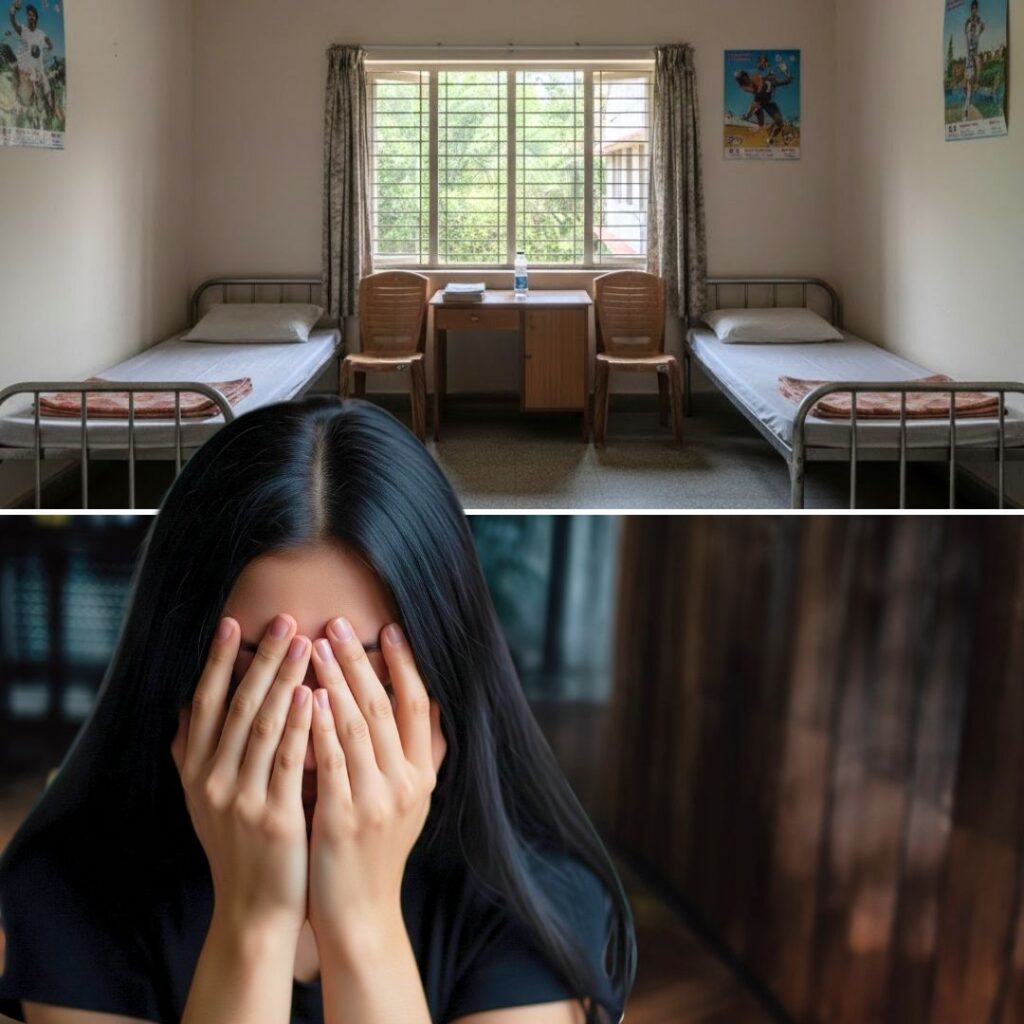In a landmark judgement, the Bombay High Court on August 19 said that ‘denying or delaying payment of wages to workers is a violation of their right to life guaranteed by Article 21 of the Constitution.’
The observation was made by a bench of Justices Ujjal Bhuyan and NR Borkar while directing a company to pay the wages withheld during lockdown.
Around 150 workers of a steel factory in Raigad, had moved the High Court through their union, seeking directions to the factory to pay wages to the workers and implement safety measures in view of the coronavirus pandemic.
According to the petition filed by senior counsel Gayatri Singh, the company had paid the workers less than half the wages in March, April and May. Moreover, before the lockdown, the company had not paid them any wages for December, January and February.
No safety measures in view of the pandemic were implemented, nor any arrangement was made for the workers movement to and from the factory amid restrictions on public transportation, the petition stated. This led to a clash between workers and the factory owners which resulted in delay in payment of dues, it added.
The petitioners also mentioned that a previous High Court order in May this year had ordered the factory owners to pay the workers their wages for the months prior to the lockdown, however, no payment was made.
The factory owners, however, have denied any such allegations and said that the ‘union had arrived at an informal settlement with them, under which workers had been paid their dues in installments.’
The court said that the petitioners cannot be denied their wages on the basis of an informal settlement.
‘Denial of due wages either by way of non-payment or by way of deferred payment or by way of installments would certainly infringe upon the cherished human right of a workman under Article 21 of the Constitution of India,’ the bench said.
‘Right to life guaranteed in any civilized society implies the right to food, water, a decent environment, education, medical care and shelter.’
‘We may ask ourselves whether in the absence of due wages or delayed payment of due wages by several months not authorized under the Payment of Wages Act, can a person be said to live with human dignity?’ the bench asked.
The bench said that the May order of the High Court should be implemented and the petitioners be paid their full wages. It also directed the local labour commission authorities to resolve the concerns raised by the union within three months.
The high court also ordered the government authorities to conduct inspections of the factory to monitor all safety measures were implemented.
Also Read: COVID-19 Crisis: Over 50 Lakh Lost Jobs In July, 1.89 Crore Rendered Jobless Since April In India











